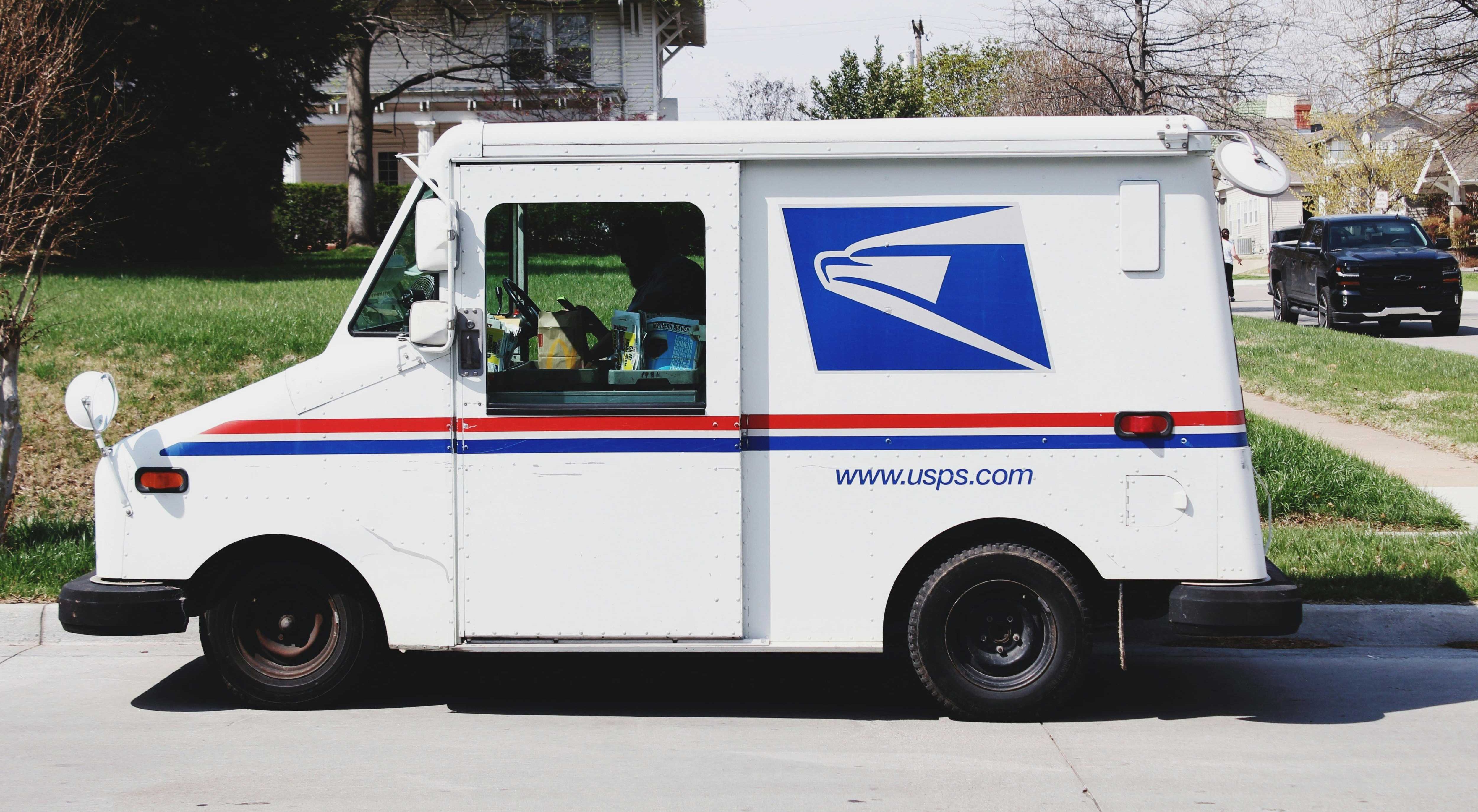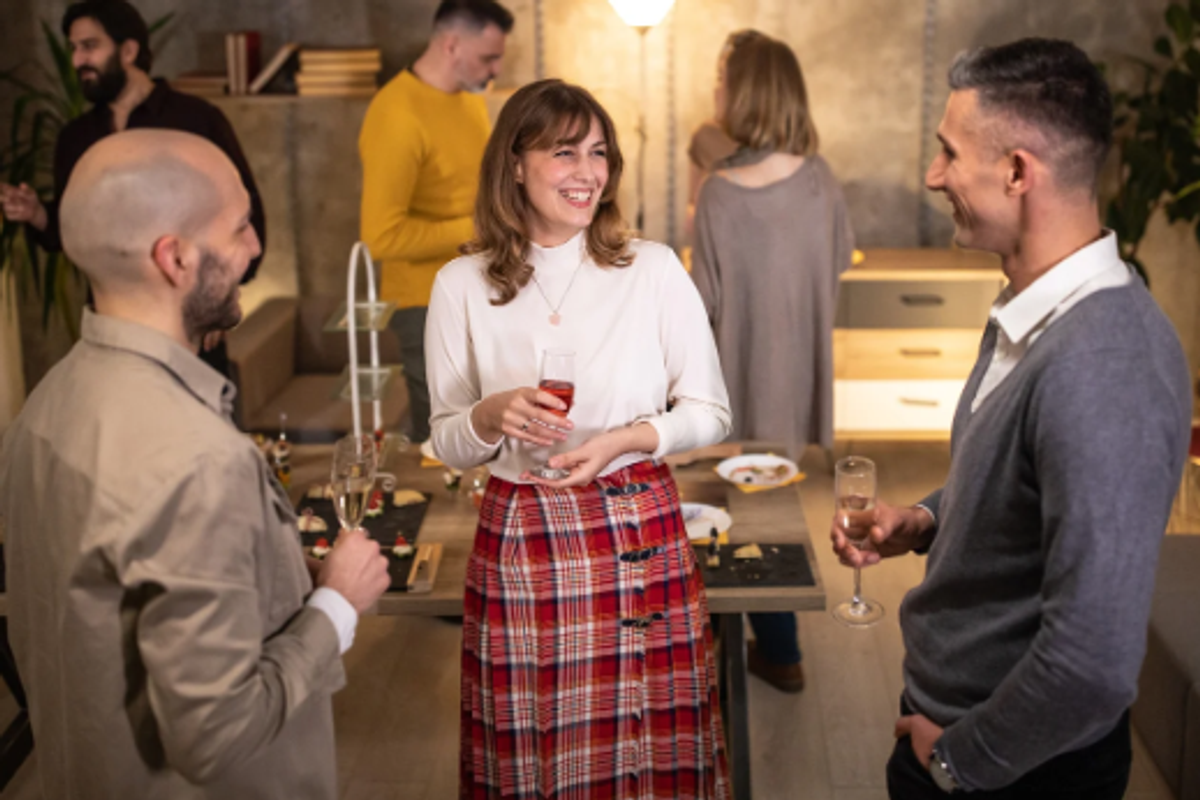The first U.S.-hosted Olympics was a disaster, but it had many silver linings.
First steps are always a bit shaky.
The year was 1904, and it was the United States’ first time hosting the Olympic Games.
This should have been an exciting moment, but America’s inaugural games in St. Louis were actually kind of a mess.
St. Louis wasn’t even supposed to be the host city of the games — Chicago was.
The Windy City had won the bid to host the 1904 Summer Olympics, but the games’ time frame overlapped with the Louisiana Purchase Convention (also known as the 1904 World’s Fair) in St. Louis, a more popular and established event. World’s Fair officials were unwilling to allow a “rival” event to take place in another city, forcing Olympic officials to move the games to St. Louis. The games were no longer a standalone event.

To make matters worse, by July — less than two months before the games began — no invitations to other countries had been extended. But even if the invitations had gone out on time, it was unlikely Europe would make a strong showing due to political tensions back home and the considerable distance to travel. The result was an Olympic delegation that, by default, skewed heavily American, with only 42 of the 651 athletes coming from non-U.S. nations.
The games were also host to politicking, scandals, practical jokes, and bad luck — all of which made for a colorful retrospective, but a lackluster event at the time.
However, amid the chaos and countless obstacles the athletes faced in St. Louis, the event served as a showcase for many Olympic records and firsts.
The fact that the games served as a de facto American platform didn’t curb the competitive fire of the athletes who did show up; many had trained their entire lives for the opportunity.
One such athlete was University of Michigan runner Archie Hahn.
Having won events at the 1903 Intercollegiate Championships, expectations were high for the multitalented track athlete. Hahn didn’t disappoint, winning gold in all three of his events: the 60 meters, the 100 meters, and the 200 meters. In the latter event, Hahn set an Olympic record time of 21.6 seconds. His record stood for 28 years and endured better-attended games in the future.
Another was George Eyser, a gymnast with a wooden prosthetic leg who competed for the American team.

A German immigrant, Eyser had lost his leg in a train accident as a child, but he stood out as the premiere talent in his local St. Louis gymnastics team. And at the 1904 Games, he won six medals — five of them in a single day — securing his place in American Olympic history.
It would be over a century before the Olympics would see another amputee compete in the games.
While this Olympiad was far from flawless, it secured a place in athletic history not just with the individual athletic achievements it provided, but also the bevy of new sports it hosted.
Prior to the St. Louis Olympics, boxing, freestyle wrestling, and the decathlon had never been medal events. A century later, it’s hard to imagine the Olympics without them.
Other introduced events, such as tug-of-war, don’t feel quite so essential because, well, they didn’t stick around too long. The six-member event debuted in 1904 with the U.S. winning all three medals, but it lasted only through the 1920 Games before its elimination. Nonetheless, many modern fans have been clamoring for its return to the Olympics.

These new events and the athletes they featured may have been foreign to many at the time, but they quickly won the hearts of fans the world over.
The inaugural U.S. Games ultimately served as a reminder — albeit a rocky one — that the spirits of Olympic competition and unity persevere even under the most bizarre circumstances. An Olympic athlete is trained to be tenacious in the face of adversity, and nowhere have we seen this better than the sparsely attended, poorly planned 1904 St. Louis Summer Olympics.
These games may not hold a spot in the pantheon of legendary Olympiads, but they still highlight the accomplishments and spirit of the athletes who participated. The enduring and unlikely legacies stemming from these games remind even the most jaded fans that the Olympics exist as a platform for the athletes.
The chaotic affair also served as a pioneering event, paving the way for United States’ rich history in the games in both hosting and competing.
This story was produced as part of a campaign called "17 Days" with DICK'S Sporting Goods. These stories aim to shine a light on real occurrences of sports bringing people together.




 The pay is good and you get to drive this sweet truck around!Photo by
The pay is good and you get to drive this sweet truck around!Photo by  Three USPS boxes. via
Three USPS boxes. via 

 Philip painted this blue mountain lake piece with help from a YouTube tutorial. bruncvik/reddit
Philip painted this blue mountain lake piece with help from a YouTube tutorial. bruncvik/reddit  Here's what the painting was "supposed" to look like. She'z ART/YouTube
Here's what the painting was "supposed" to look like. She'z ART/YouTube  I love this haunting purple and orange piece Philip painted! bruncvik/reddit
I love this haunting purple and orange piece Philip painted! bruncvik/reddit  A YouTube tutorial of a sunset river helped Philip learn to paint the scene. She'z ART/YouTube
A YouTube tutorial of a sunset river helped Philip learn to paint the scene. She'z ART/YouTube 
 Traditional strawberry farming takes up a lot of land.
Traditional strawberry farming takes up a lot of land. Strawberries are a wildly popular fruit.
Strawberries are a wildly popular fruit.